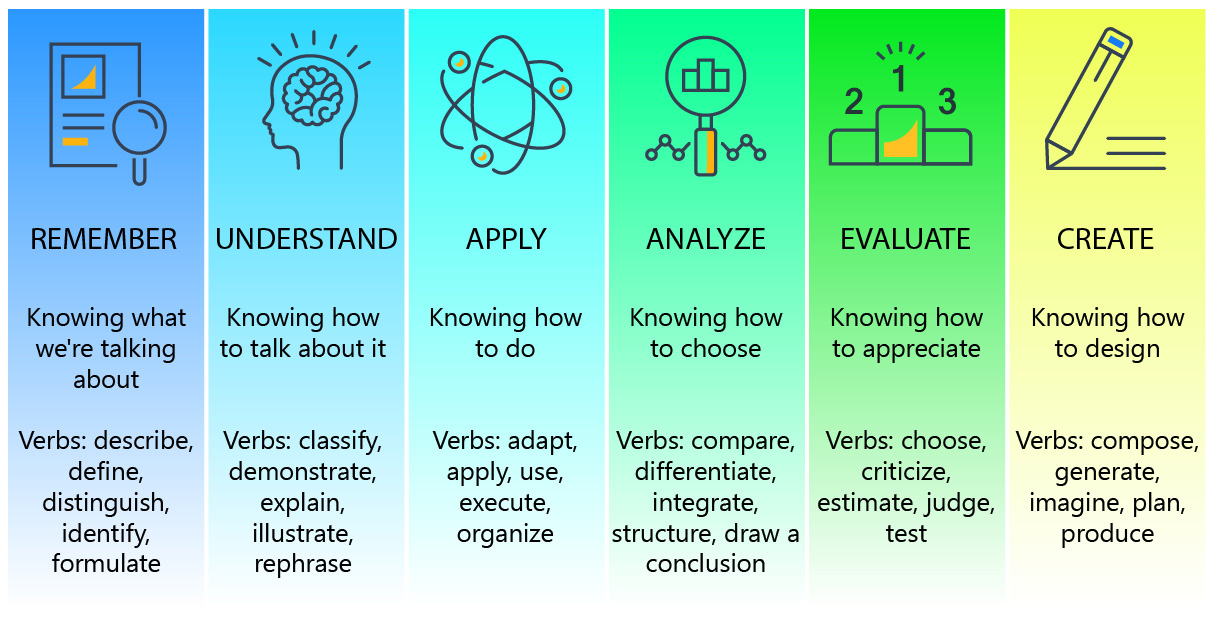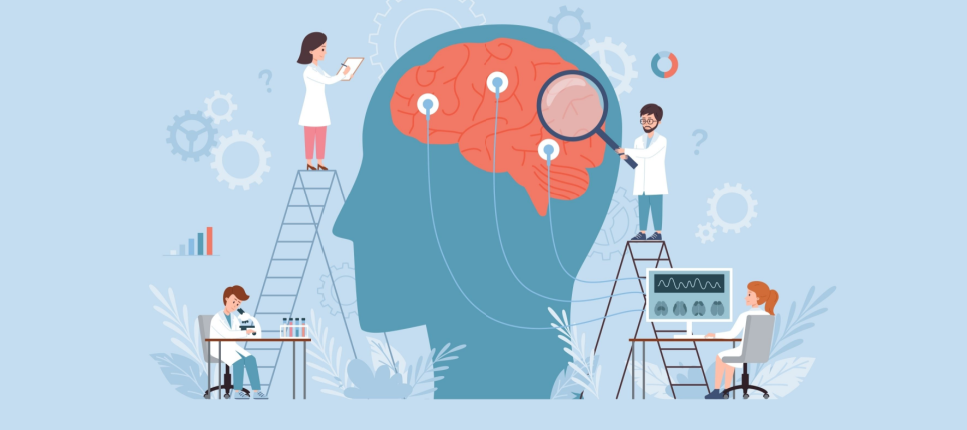Metacognition is, as we saw in a previous article, the ability to take a reflexive step back on one’s own cognitive processes. Developing this ability can be one of the best ways to improve your learning. The OECD also stresses that an education adapted to the 21st century must give a central place to the assessment of metacognitive skills in the overall assessment of young learners. While it is indeed desirable to start cultivating these skills in school, it is never too late to start. On the contrary! Due to their maturity, experience, and a strong need for autonomy, adult learners are in a good position to develop them to the maximum. Here are some paths to take in this direction.
What are they?
There is no formal and exhaustive list of metacognitive skills. However, the following skills are common in studies on the subject.
To know how to…
- Understand
- Memorize
- Solve a problem
- Identify what you know and what you don’t know
- Time management: evaluate the time required to complete a task, assess in your schedule the time that can be allocated to the study
- Self-regulation: control your performance and adjust your learning strategies accordingly
- Take notes: identify important information, prioritize it and format it
- Ask for help when necessary
- Take advantage of a failure
- Transfer strategies when they are successful
Seeing and doing things differently
Being introspective, analytical, and used to question oneself are assets in this quest to optimize metacognitive skills. That said, we must also be open to seeing and doing things differently.
Become aware that…
- Learning can take many different forms.
- You can become a better learner!
- Success in a task is not only a matter of skills but also of the learning strategies that are used to achieve it. Our ability to self-regulate (manage) these strategies also counts.
Help yourself by…..
- Setting learning objectives.
→To design a learning objective, you must formulate precisely what you want to learn or what you will be able to accomplish as a result of a learning activity or journey. The learning objective should end a sentence like this:
At the end of the activity (or program), I will be able to _________________.
It should also be articulated with an action verb. You can consult the list of verbs in Bloom’s taxonom below.
- Reflecting on the tasks you are trying to learn and evaluate your progress in accomplishing them. Keeping a journal is a good way to do this.
- Trying new learning strategies, not only to find better ones but also to help yourself step back, get to know yourself better as a learner and take a constructively critical look at your old learning strategies.







